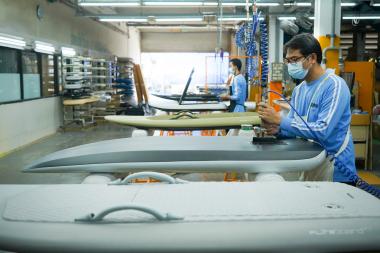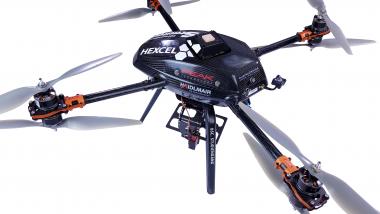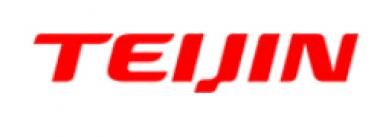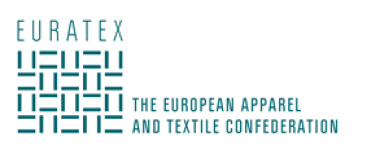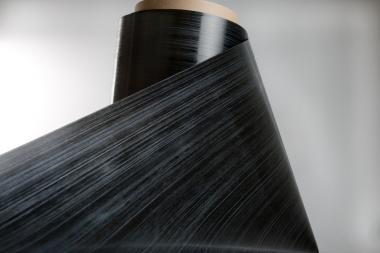SGL Carbon: strong first half of 2021
- Transformation program and improving order situation show first successes
- Sales up 8.8% to €496.7 million compared with first half of previous year
- Adjusted EBITDA improves by 70.7% to €71.7 million
- Positive business development led to forecast increase on July 13, 2021
While the past fiscal year 2020 was still characterized by a Corona-related slump in orders in many business areas of SGL Carbon, demand picked up again in the first six months of 2021. Accordingly, Group sales increased by 8.8% to €496.7 million in H1 2021 (H1 2020: €456.5 million).
The Carbon Fibers and Composite Solutions Business Units particularly contributed to the €40.2 million increase in sales. Carbon Fibers contributed €166.4 million to Group sales, especially benefiting from increased demand from the automotive market segment. In the Composite Solutions Business Unit, the increase in sales of 52.4% to €60.2 million was also primarily based on the recovering demand from the automotive industry.
With sales of €221.2 million, the Graphite Solutions business area contributed around 44.5% of SGL Group sales. The 3.8% increase in the division's sales was particularly due to the positive development in the important markets of the LED, semiconductor and automotive industries.
Transformation program:
The restructuring and transformation process initiated at SGL Carbon made a significant contribution to the Company's positive sales and earnings performance. In addition to leaner and more efficient structures as well as a reorganization of the business units with responsibility for results, a large number of improvements and cost initiatives in all business units and sites have contributed to the success of the ongoing transformation program.
Forecast increase:
Due to pleasing business development in the first half of the year as well as transformation successes, SGL Carbon raised its forecast for fiscal year 2021 on July 13, 2021. For the financial year 2021, the company now expects consolidated sales of around €1.0 billion (previously: €920 - 970 million). In line with developments in the first half of 2021 and the results from the transformation, adjusted EBITDA for 2021 is expected to be between €130 - 140 million (previously: €100 - 120 million). Accordingly, a slightly positive net profit is now forecasted for fiscal year 2021 (previously: €-20 million to €0).
SGL CARBON SE













